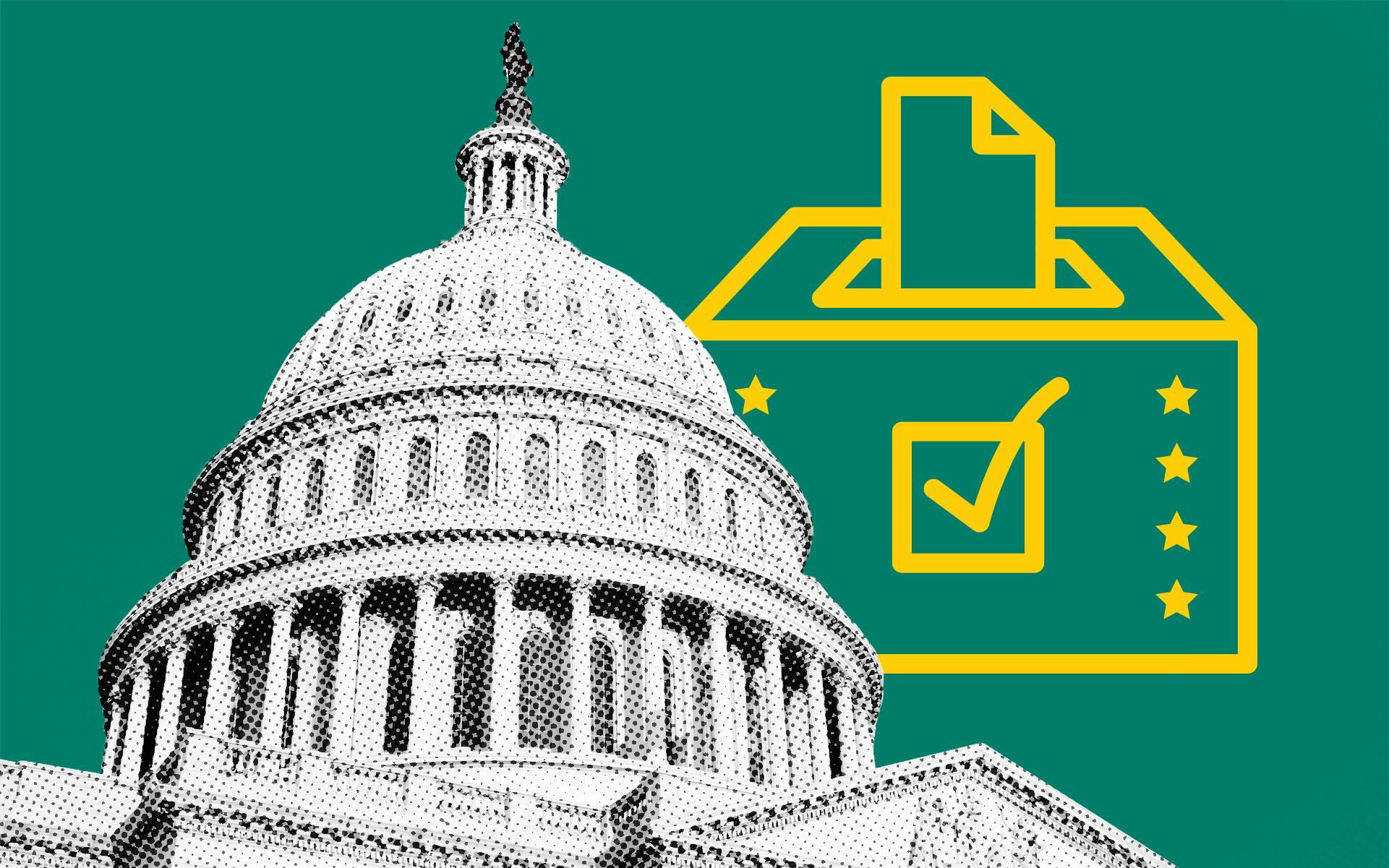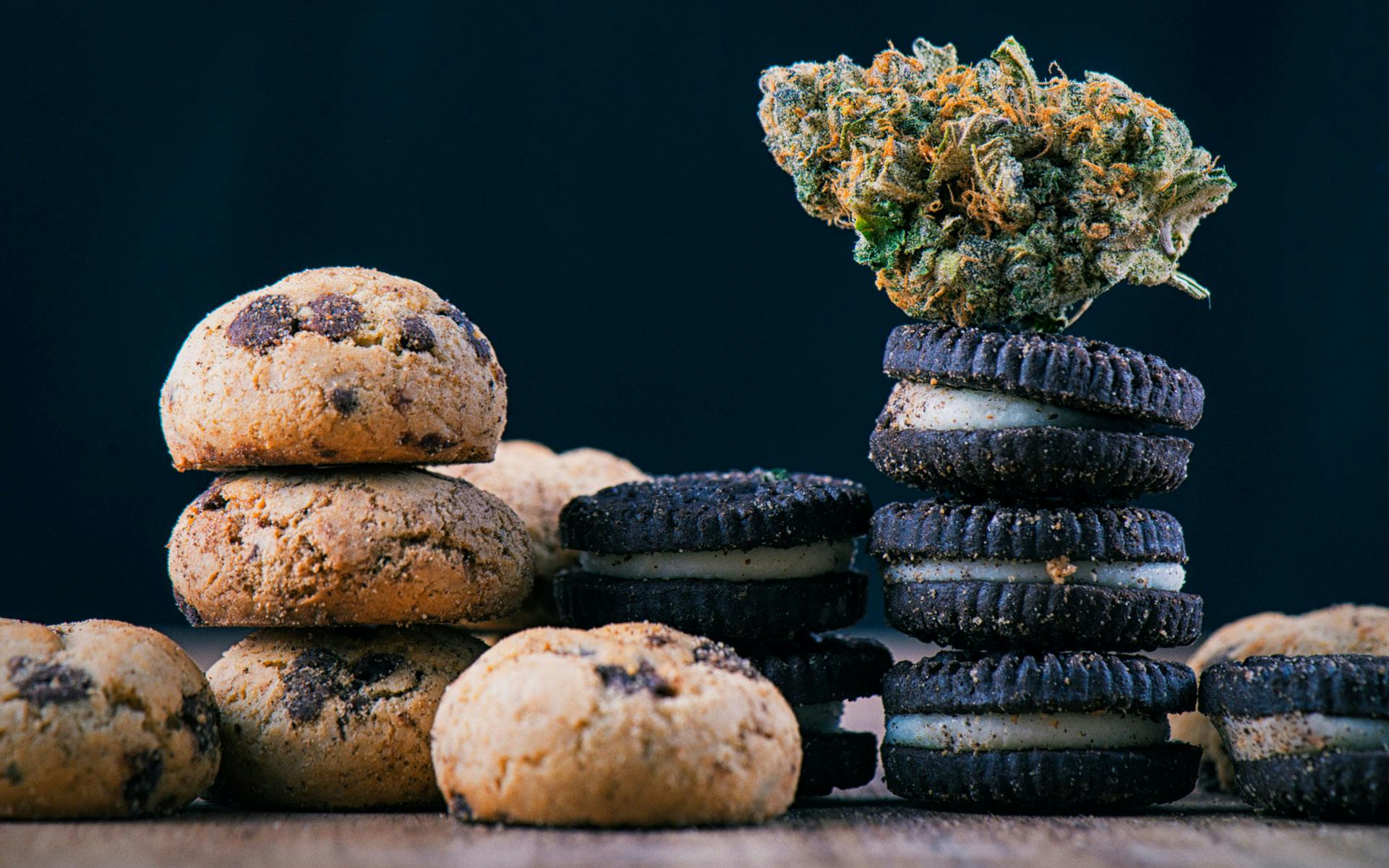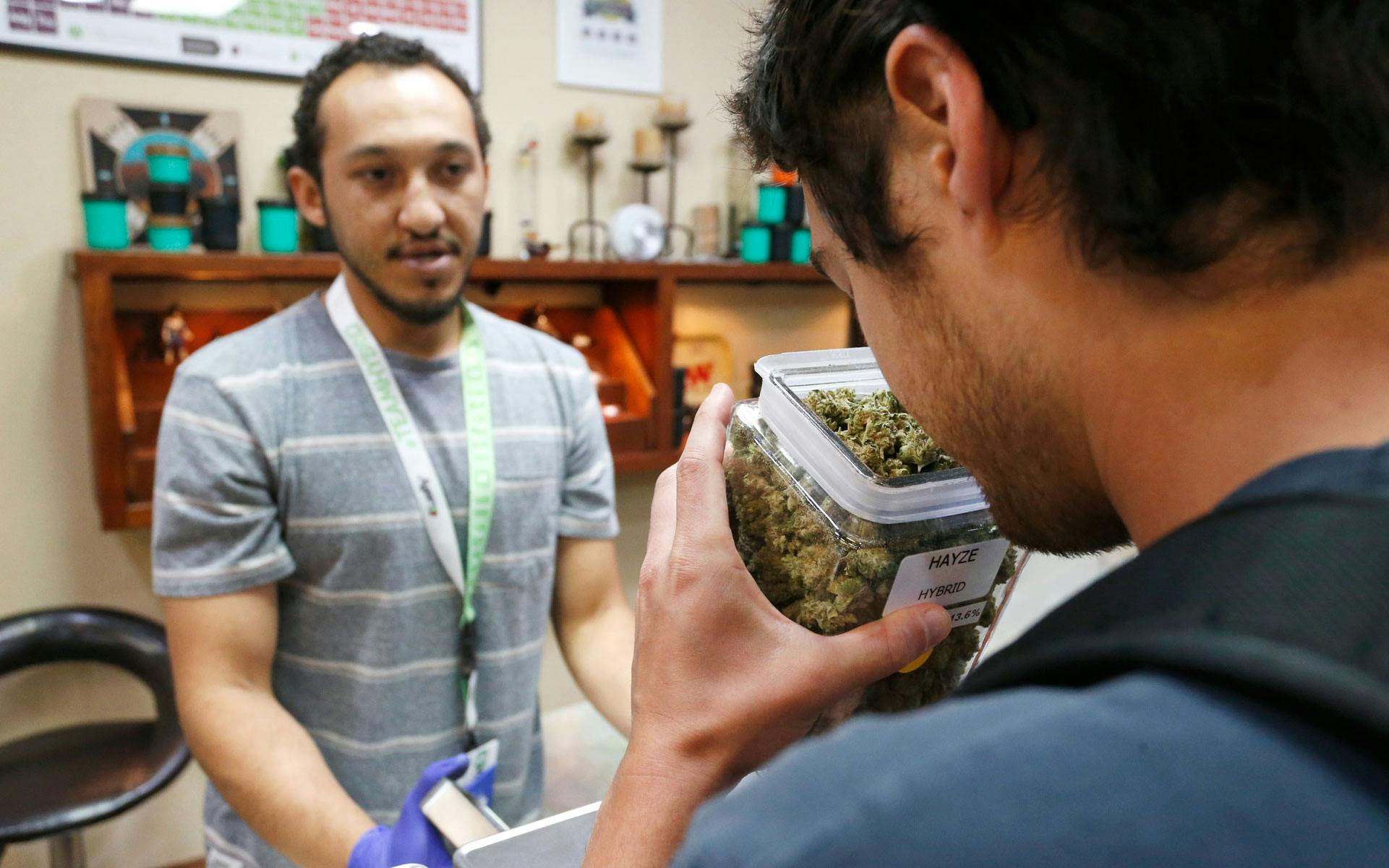Is marijuana legal in Colorado?
Current legality status
recreational
Cannabis is legal under state law for adults 21+.
Both medical and recreational marijuana are legal in Colorado.
Recreational consumers age 21 and over may possess up to one ounce of marijuana.
All Colorado residents may cultivate up to six plants, only three of which may be in the mature (flowering) stage of development.
Medical patients 18 years of age and older may possess up to two ounces of marijuana and can cultivate up to six plants, only three of which may be in the mature stage of development.
Both medical and recreational users must purchase their marijuana from a dispensary, but consumers 21 and over may gift up to an ounce to someone.
Consumption in public spaces remains illegal. However, recent legislation allows for tasting rooms and hospitality establishments that allow consumers to smoke marijuana outside of their homes.
Colorado recreational marijuana laws
Recreational marijuana was legalized in Colorado in 2012 with the passing of Amendment 64, known as the Colorado Marijuana Legalization Amendment. Sales commenced in 2014.
Sales are restricted to licensed establishments. Sale outside of these establishments is prohibited, but consumers may gift up to one ounce of marijuana to others.
A study mandated by HB 14-1361 established that one ounce of marijuana was equivalent to eight grams of concentrate and edibles containing up to 800 milligrams of THC, clarifying laws regarding the amount of marijuana that could be sold as of 2016.
In 2019, HB 19-1230 legalized the establishment of lounges and cafes where marijuana can be consumed. Marijuana clubs had been operating in Denver since 2018 following a local ballot measure.
Also in 2019, HB 19-1234 legalized the establishment of delivery services for both medical and recreational marijuana.
Shop highly rated dispensaries near you
Showing you dispensaries nearColorado medical marijuana laws
Medical marijuana was legalized in Colorado in 2000 with the passage of Amendment 20. It passed with 53.5% of the vote.
It allows medical patients 18 and over to possess up to two ounces of marijuana purchased from a licensed dispensary and cultivate up to six plants, with a maximum of three in the flowering stage.
In 2015, the Colorado Supreme Court affirmed that employers were legally entitled to fire medical marijuana patients in the decision Coats vs. Dish Network. A 2020 bill to rectify this failed.
Colorado qualifying conditions for medical marijuana
Qualifying debilitating conditions to become a medical marijuana patient in Colorado include:
- Cancer
- Glaucoma
- HIV/AIDS
- If the patient has a chronic or debilitating disease or medical condition that produces one or more of the following:
- Cachexia (wasting syndrome)
- Persistent muscle spasms
- Seizures
- Severe nausea
- Severe pain
- Any other medical condition, or treatment for such condition, approved by the state health agency, pursuant to its rule making authority or its approval of any petition submitted by a patient or physician as provided in this section.
Qualifying disabling conditions to become a medical marijuana patient in Colorado include:
- Post-traumatic stress disorder (PTSD)
- Autism spectrum disorders
- Any condition for which a physician would prescribe an opioid
Physicians and patients may petition for the addition of new qualifying conditions. See this page for instructions on how to do so.
For a complete list of qualifying conditions and guidelines, please refer to Colorado’s Qualifying Conditions for Medical Marijuana Use.
How to get a medical marijuana card in Colorado
Patients wishing to obtain a medical marijuana card must visit a physician, who will submit their certification online. Patients can then use the online portal to complete registration. Paper applications are also available, but the process will be slower.
You must submit a copy of your driver’s license or state ID. The cost is $25.
The Medical Marijuana Registry in Colorado is administered by the Department of Public Health and Environment.
Does Colorado accept out-of-state medical cards?
Colorado does not accept out-of-state medical cards. However, anyone 21 or older with a valid ID can possess up to one ounce of marijuana purchased from a recreational store.
When does my Colorado medical card expire?
Cards issued for debilitating medical conditions are good for one year. Cards issued for disabling medical conditions are good for 60 days to one year, as determined by the certifying physician. Renewals may be submitted 30 days prior to expiration. Renewal notifications are sent by email.
Colorado marijuana growing laws
Any adult resident of Colorado may grow up to six plants per person, with no more than three plants in the mature/flowering stage at any time. Non-Colorado residents may not cultivate cannabis.
No more than 12 total plants are allowed per residence regardless of the number of adults living there. Cannabis plants must be kept in an enclosed, locked area out of view. Homegrown cannabis may not be sold to others, but up to an ounce may be gifted.
Colorado public consumption laws
Consuming marijuana in any way—smoking, eating, or vaping—isn’t allowed in public places in Colorado. This includes the following outdoor and indoor areas, and many more:
- Sidewalks
- Parks and amusement parks
- Ski resorts
- Concert venues
- Businesses
- Restaurants, cafes, or bars
- Common areas of apartment buildings or condominiums
A person who openly and publicly displays, uses, or consumes two ounces of marijuana or less is guilty of a drug petty offense and may be subject to 24 hours of community service, as well as a maximum fine of $100.
In 2019, HB 19-1230 legalized the establishment of lounges and cafes where marijuana may be consumed. Marijuana clubs had been operating in Denver since 2018 following a local ballot measure.
Denver-specific laws
It is illegal for drivers and front-seat passengers to use cannabis in taxis and limousines in Denver; however, if the taxi or limousine operator allows for it, marijuana may be consumed in the rear passenger area only.
Denver city laws prohibit marijuana consumption on hotel balconies if visible from any public place.
On residential private property, retail marijuana consumption in any outdoor location is illegal unless the person is the property owner or lessee, or has been granted express or implied permission by the property owner or lessee. On private non-residential property, marijuana consumption is illegal in any outdoor location if it is clearly visible from a public place.
Colorado cannabis DUI laws
While it is legal to consume cannabis in Colorado, it isn’t legal to drive under its influence. In Colorado, the law states that a driver is under the influence of cannabis if THC is identified in the driver’s blood in quantities of five nanograms per milliliter or higher. There is no affirmative legal defense for those who are using cannabis legally or medicinally.
As a driver in Colorado, there is implied consent to a breath, blood, or chemical test. A driver has no right to consult an attorney before submitting to a test, and refusing to submit to a test is admissible as evidence in a court of law.
If a driver refuses to submit to a test, the department shall revoke the license for one year for the first refusal, two years for a second refusal, and three years for a third or subsequent refusal.
Cannabis DUI penalties
- First offense (DUI): Imprisonment for a mandatory minimum of five days to no more than one year, $600 to $1,000 fine, 48 hours to 96 hours of useful public service, and the court may impose a probation period of up to two years
- First offense (DWAI—Driving While Ability Impaired): Imprisonment for a mandatory minimum of two days to no more than 180 days, $200 to $500 fine, 24 to 48 hours of useful public service, and the court may impose a probation period of up to two years
- Second offense: Imprisonment for a mandatory minimum of 10 days in county jail to no more than one year, $600 to $1,500 fine, 24 hours to 120 hours of useful public service, a probationary period of at least two years
- Third and subsequent offenses: Imprisonment in county jail for a mandatory minimum of 60 consecutive days up to one year, mandatory participation in a court-ordered alcohol and drug driving safety education or treatment program, $600 to a $1,500 fine, 48 hours to 120 hours of useful public service, a probationary period of at least two years
For more information, please refer to Colorado Rev. Stat. 42-4-1307.
Colorado cannabis testing regulations
Colorado began requiring cannabis cultivators in 2018 to submit their flower and trim batches—recreational as well as medical—for testing for mycotoxins, heavy metals, and other pesticides, following some recalls. This is in addition to many other contaminants already tested for under state law. Growers complain about the $100-per-strain cost, saying that they have to offer fewer strains for sale as a result.
The state appears to be doubling down on testing: On Aug. 15, 2019, the Marijuana Enforcement Division added concentrates to the list of cannabis products in Colorado that must undergo testing for mycotoxins. And in response to concerns about vaping-related sicknesses, the state Marijuana Enforcement Division has banned, effective Jan. 1, 2020, vitamin E Acetate, polyethylene glycol (PEG), and medium chain triglycerides (MCT oil) for use in the manufacture of regulated marijuana concentrate or regulated marijuana products intended for inhalation. Read more about that here.
Here’s the full list of what Colorado tests for, and a comprehensive look at how the state regulates the testing process.
Common questions about marijuana legalization in Colorado
When did Colorado legalize?
Recreational marijuana was legalized in 2012 and sales began in 2014. Medical marijuana was legalized in 2000.
Are dabs legal in Colorado?
Recreational consumers may purchase up to eight grams of concentrate and medical patients may purchase 40 grams.
How many recreational dispensaries are in Colorado?
As of 2020, there are almost 600 retail dispensaries in Colorado.
Are drugs legal in Colorado?
Medical and recreational marijuana are both legal. While other drugs remain illegal, as of 2020, HB19-1263 reduced the possession of four grams or less of Schedule I and II controlled substances from a felony to a misdemeanor. In 2019, Denver decriminalized the possession of psilocybin mushrooms.
Learn more about marijuana legalization in Colorado
Keep up with the latest news about legalization in Colorado
Stay current on Colorado’s fast-changing laws by bookmarking Leafly politics and signing up for our newsletter.
Post last updated Sept. 9, 2020
By providing us with your email address, you agree to Leafly's Terms of Service and Privacy Policy.



